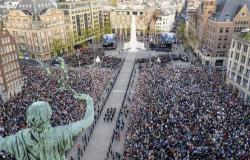
The Czech secret service “probably” has specific information about Russian influence on Dutch politicians. This information will not be made public in the near future, as the House of Representatives would like. And if that does happen in the near future, the AIVD will not do it to please the House. She does this with a specific intention, namely to draw attention to the fact that parties are not transparent about their income, and are therefore extra susceptible to influence by countries such as Russia.
Hugo Vijver, former employee of the AIVD and MIVD, draws these conclusions after reading the letter from Minister Hugo de Jonge (Home Affairs, CDA) last Monday about possible Russian bribery of Dutch politicians (MPs or MEPs). Vijver, who worked at AIVD and MIVD from 2006 to 2021, comes across “several remarkable passages”, he says when asked. NRC.
First of all, he notices that De Jonge writes that the Czech service warned its colleagues at the AIVD in advance that a statement from the Czech Prime Minister was expected on Wednesday, March 27. “They really haven’t done that in all 27 services of all 27 EU countries,” says Vijver. “Apparently there was something specifically wrong with the Netherlands.”
Voice of Europe
In his statement last week, the Czech Prime Minister said that, among other things, media company Voice of Europe had been placed on the national sanctions list. According to the Prime Minister, Russia had used this company to increase influence in Europe through financial resources. The fact that Dutch politicians also play a role in this was described in a Czech newspaper. Based on sources at the Czech service, he wrote that the Netherlands is one of six countries where Russian bribery of politicians is alleged to have taken place. This would have happened in the run-up to the upcoming campaign for the European elections on June 6.
According to Vijver, it makes little sense for De Jonge to then very firmly ask his Czech counterpart to make all information about the Netherlands available; several MPs insisted on this on Tuesday evening during a debate on De Jonge’s letter. “It doesn’t work that way in the intelligence world,” says the former analyst. “The minister is not an errand boy for MPs and the service is not a mailbox for parliamentary wishes.”
former AIVD analystHugo Pond The AIVD is not a mailbox for parliamentary wishes
Such requests for disclosure always run afoul of the golden ‘third party rule’ that services adhere to in their international traffic. This rule requires that information shared with a second party (in this case the AIVD) cannot be made available to a third party (in this case the Dutch parliament).
Vijver finds it all the more remarkable that De Jonge in his letter explicitly leaves open the possibility that information could be revealed at a later stage, in this case from the Czech Republic. He sees two indications for this. Firstly, the Czech Republic has now informed the Netherlands that it will not provide any information “right now”, De Jonge writes. “Maybe that will happen later,” concludes Vijver. De Jonge also emphasized in the debate the provisionality of this Czech intention. However, Prague will only share information if the working methods of its own service will not be revealed in any way, Vijver adds.
Awareness
Secondly, the minister wrote on Monday: “It is possible to declassify information and make it public.” The government is doing this, writes De Jonge, to increase public awareness about the Russian risk of influence in the Netherlands. In 2018, the government did the same by revealing that six months earlier, Russian agents had tried to break into the network of the UN organization OPCW in The Hague. The Cabinet and MIVD gave an extensive press conference about this.
Vijver concludes from De Jonge’s statements that both the service and the minister may have another purpose for possible disclosure. The letter contains an extensive passage about the new law on party financing. De Jonge calls it “essential that political parties, regardless of whether they receive subsidies, provide insight into the contributions they receive.” “That passage is there for a reason,” says Vijver. Although no specific parties are mentioned, everything points, according to him, “to parties that are not eager to provide that transparency, especially Forum for Democracy.” This party’s faction did not participate in Tuesday evening’s debate.
To share
Email the editor
Tags: Czech Republic warned statement Russian bribery Apparently specifically wrong Netherlands
-




